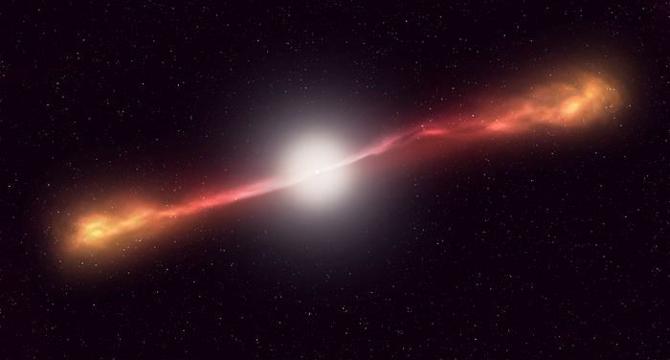Knowridge
1M
214

Image Credit: Knowridge
We can use black holes particle accelerators
- Federal government budget cuts are impacting scientific research, including astrophysics and cosmology, which rely on expensive particle accelerators to study fundamental theories of the Universe.
- A recent study suggests that black holes could serve as a natural and cost-effective alternative to traditional particle accelerators for scientific research.
- Researchers argue that gas flows around supermassive black holes can act as 'gravitational particle accelerators,' potentially generating energies and collisions comparable to those produced by supercolliders like the Large Hadron Collider.
- Studying particle collisions around black holes could provide insights into dark matter and other high-energy phenomena, offering a complementary approach to traditional research methods.
Read Full Article
12 Likes
For uninterrupted reading, download the app